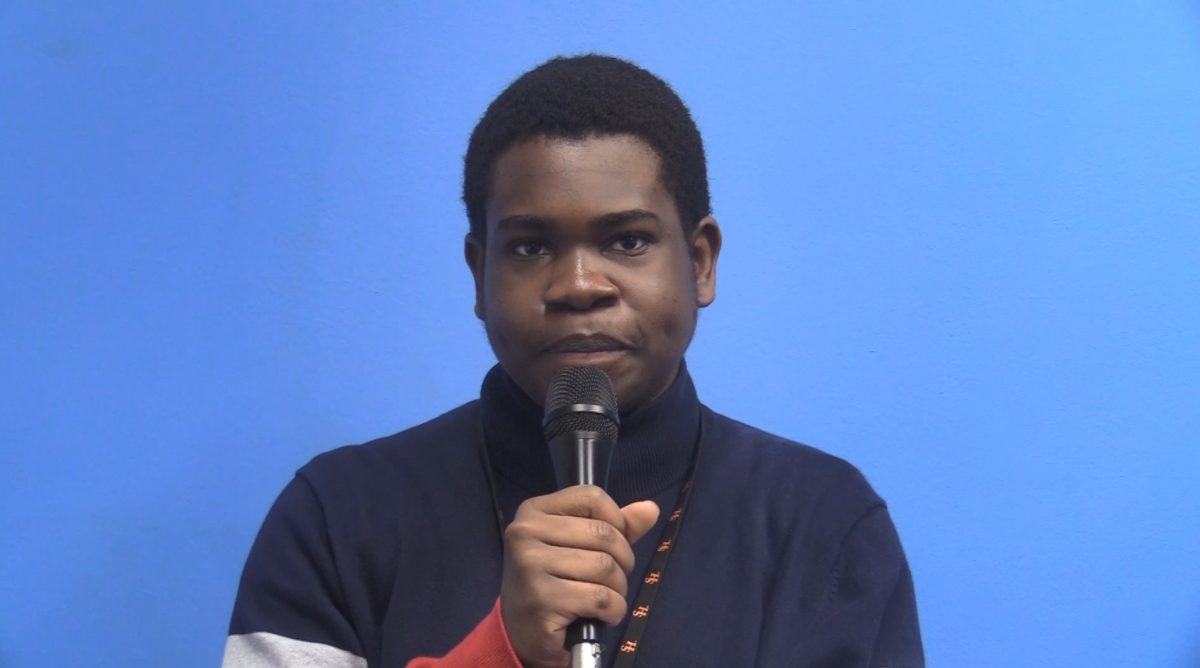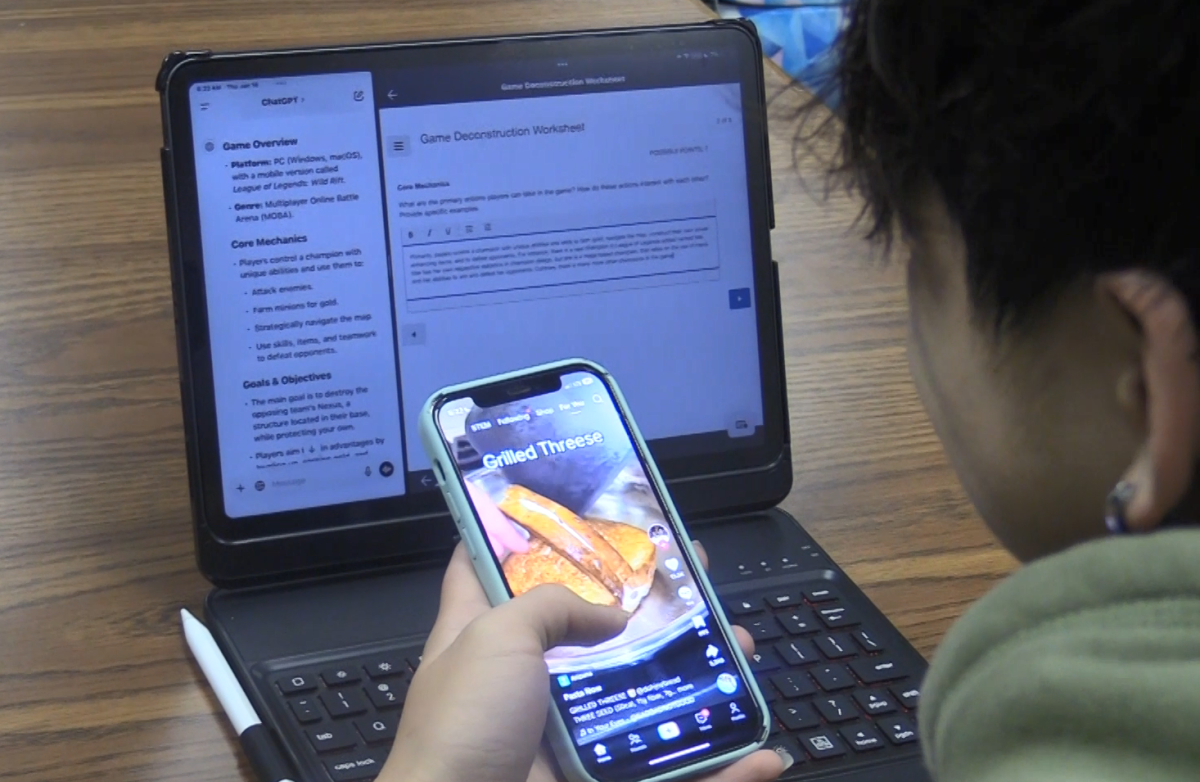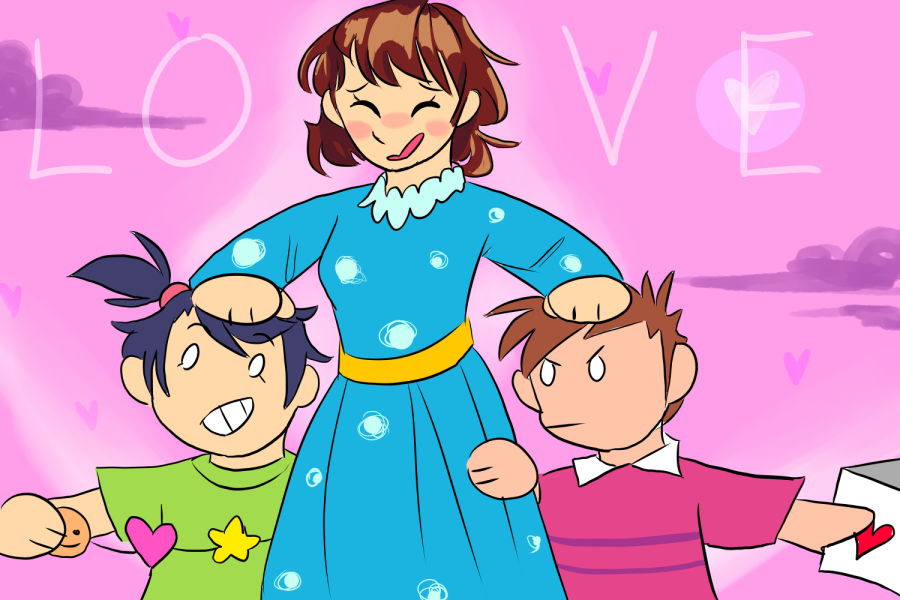Depression can come in many shapes and forms, and has multiple symptoms. People often mistake this mood disorder for someone being hormonal, especially in teens.
“Some of the other symptoms, like irritability or lack of attention, are some of the things that we kind of associate with typical adolescent development because it’s just part of how the hormones interact,” explained Lauren Pursley, program director for Mental Health America of Houston. Knowing how to recognize depression in yourself or friends is important to getting help.
Other symptoms include a lack of interest, typically in things the person used to love; weight loss or weight gain; mood swings; anxiety; slowness in activities; and lack of concentration. Irritability, crying, and sleep pattern changes are also important signs, Pursley said.
Some ways you can detect if someone is suffering with depression is by observing the person you believe is depressed.
“They are either sleeping a lot or not sleeping at all,” she said “It can be different for each person so it’s important you pay attention too.”
These all sound like familiar parts of puberty, but there are some clear signs when that is not the case.
“The change in their behavior is a really big indicator,” Pursley said, whether that’s just with just depression or with any mental illnesses, that change you’re going to really want to pay attention to.”
Some ways you can detect if someone is suffering with depression is by observing the person and telling them what you have seen. When confronting the person, it is important that you do not make it seem like an accusation. Approach the person with an observation; it makes it hard for them to deny it.
Pursley suggests saying something like, “’I’ve noticed that your behavior has changed, and I’m a little bit concerned. Can we talk about this?’ And then just kind of see where it goes from there, because people love talking about themselves. So, if you come from a place of concern, people are going to start opening up and having those conversations.”
Getting help can be really hard for those with depression. Sometimes you aren’t even sure you need help, but once you get to that point, it is good to talk to somebody about it.
“So, when you finally get to that place of deciding you need help, it’s important to find that person that you trust and that you have a good relationship with,” Pursley said “Just say, ‘Hey, I’m having a hard time functioning. I’m having a hard time in my day-to-day life. I need help.’”
Although counselors, friends and mentors can provide help for someone with mild depression, in many cases, professional assistance may be necessary. Pursley recommends people. Contact a psychiatrist in order to get medicated.
“A psychiatrist is a doctor who has been trained in mental health and can prescribe medication. If you can just see your family doctor for medication, that’s okay, but it’s very important that you do therapy and medication at the same time. Doing both really has the highest success rate,” Pursley said. A common type of medication, known as antidepressant, can cause a person to feel more depressed if the dosage is not monitored.
Health origanizations online can provide help finding medical treatment for depression.
“There’s a lot of really good resources out there to help paying with your therapy and stuff like that,” Prusley said“PsychologyToday.com has a provider search engine and you can search by what insurance type you have, by your zip code, and by how much the co-pay is, or if they don’t take insurance, what resources they have.”





